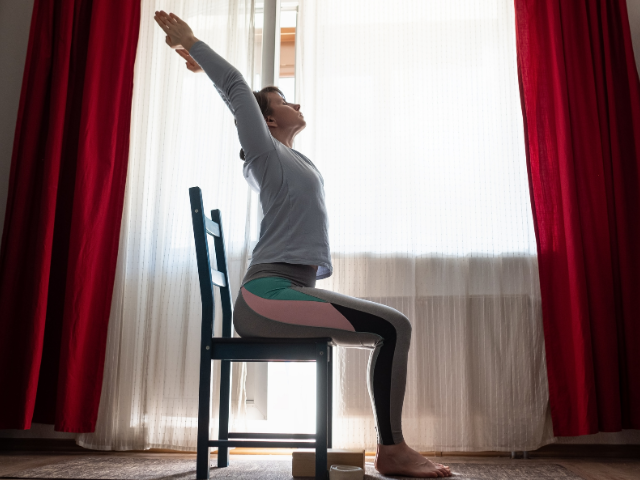Managing stress and anxiety is essential for overall well-being. Here are various strategies that may help:
- Deep Breathing:
Practice deep, diaphragmatic breathing to activate the body’s relaxation response. Inhale slowly through your nose, hold for a few seconds, and exhale through your mouth. - Exercise:
Regular physical activity can reduce stress hormones and trigger the release of endorphins, which are natural mood lifters. Find an activity you enjoy, whether it’s walking, jogging, yoga, or dancing. - Mindfulness Meditation:
Mindfulness techniques, such as meditation and mindful breathing, can help focus your mind on the present moment, reducing anxiety about the past or future. - Progressive Muscle Relaxation (PMR):
PMR involves tensing and then gradually releasing each muscle group in your body, promoting physical relaxation and reducing overall tension. - Yoga:
Combining physical postures, breathing exercises, and meditation, yoga can help improve flexibility and reduce stress. - Aromatherapy:
Certain scents, such as lavender, chamomile, and peppermint, are believed to have calming effects. Use essential oils or candles to incorporate aromatherapy into your routine. - Healthy Lifestyle Choices:
Maintain a balanced diet, get adequate sleep, and limit caffeine and sugar intake. These factors can significantly impact your stress levels. - Social Support:
Share your feelings with friends or family. Having a support system can provide emotional comfort and practical assistance. - Time Management:
Break tasks into smaller, manageable steps and prioritize them. This can help prevent feeling overwhelmed and stressed. - Limit Stimulants:
Reduce or eliminate the consumption of stimulants like caffeine and nicotine, especially in the evening, to promote better sleep. - Art and Creativity:
Engage in creative activities like painting, writing, or playing a musical instrument. Expressing yourself creatively can be therapeutic. - Laugh:
Laughter triggers the release of endorphins, promoting an overall sense of well-being. Watch a funny movie or spend time with people who make you laugh. - Nature Walks:
Spending time in nature has been shown to reduce stress. Take a walk in a park, go for a hike, or simply sit in a natural setting. - Limit Screen Time:
Reduce exposure to news and social media, especially before bedtime, to prevent information overload and promote better sleep. - Professional Help:
If stress and anxiety persist, consider seeking help from a mental health professional, such as a therapist or counselor.
Remember that everyone is different, and it may take some trial and error to find what works best for you. Combining several of these strategies can create a comprehensive approach to stress management.




